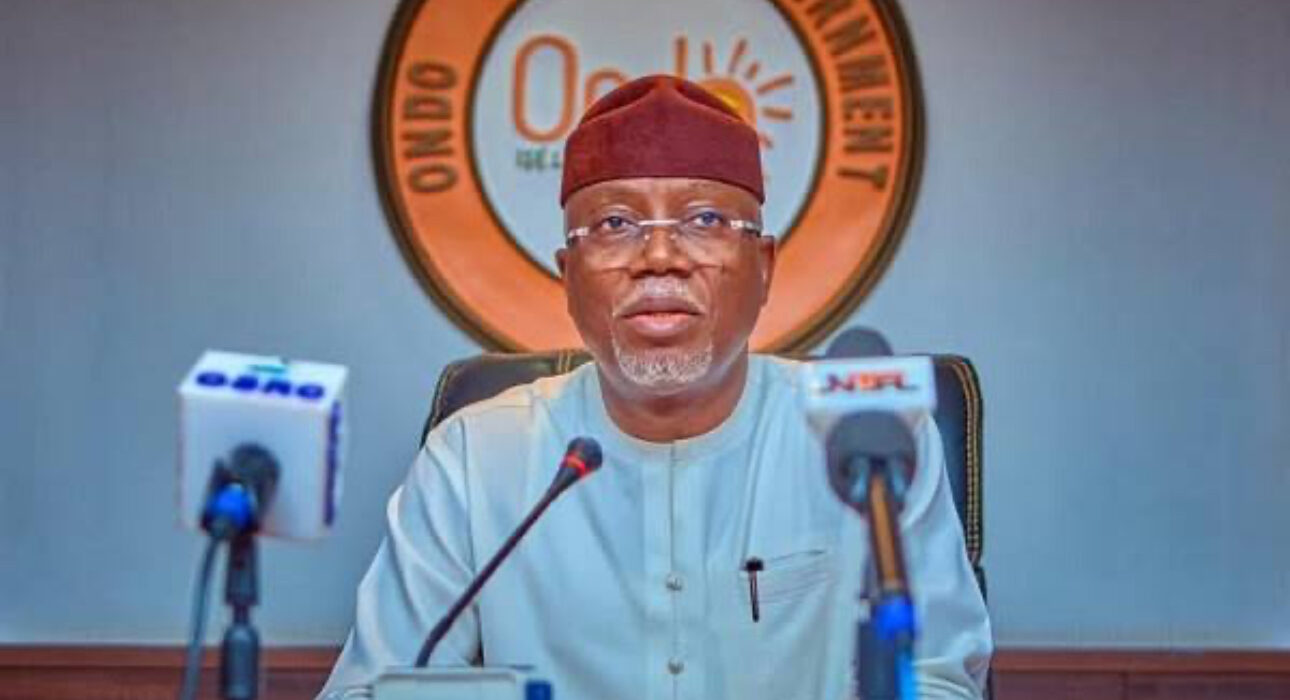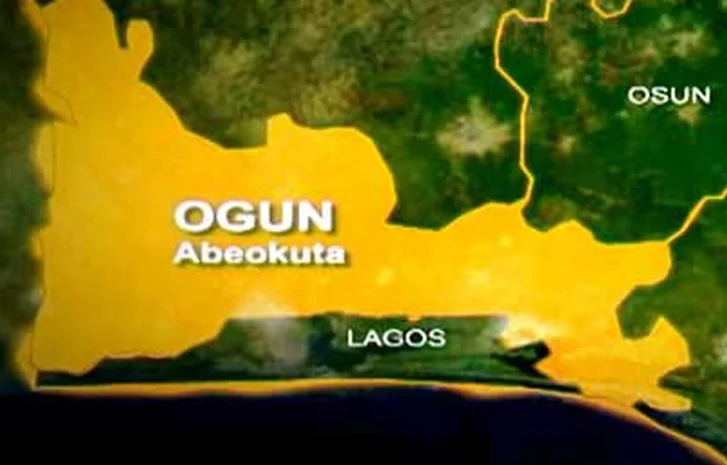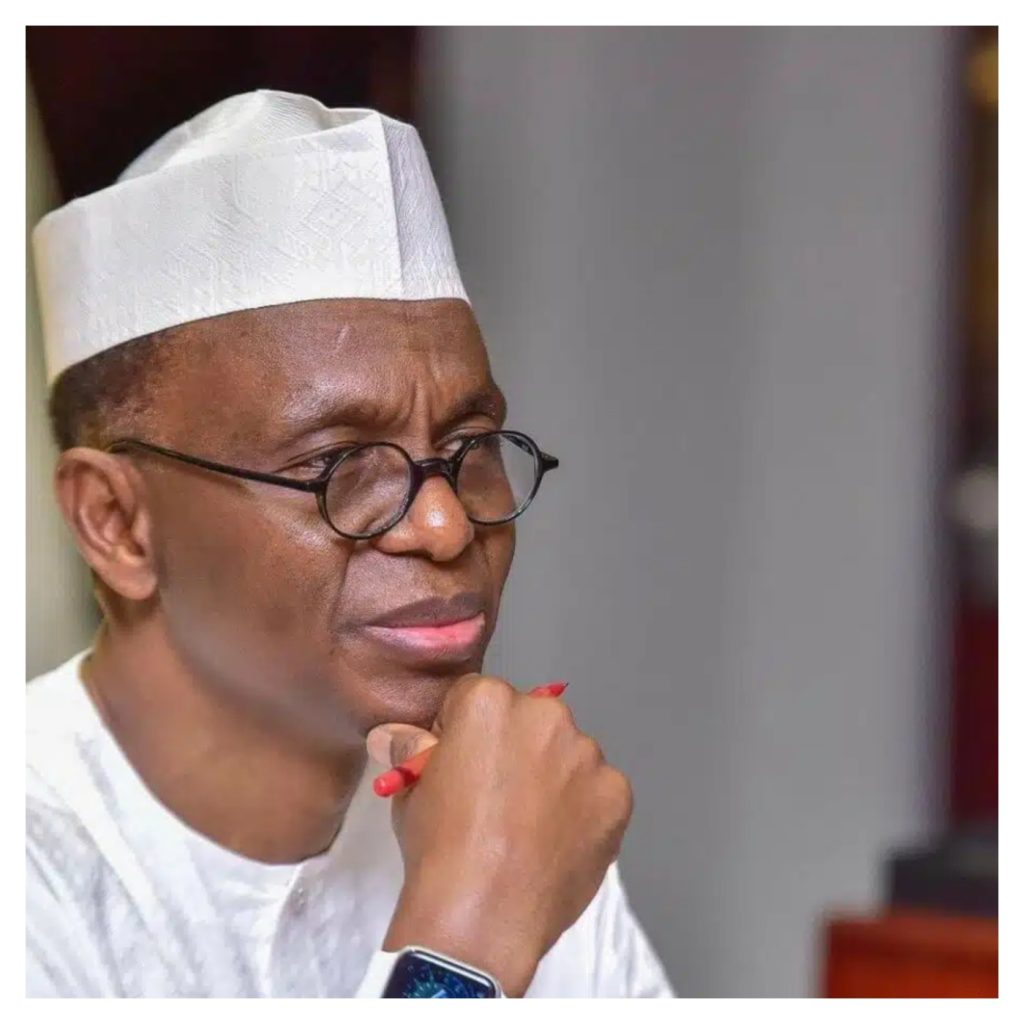Ondo Governor Calls for End to Mental Health Stigma

The Ondo State Government has called on Nigerians to break the culture of silence and discrimination surrounding mental health, stressing that stigma remains one of the biggest obstacles to effective treatment and recovery.
Speaking at an event marking World Mental Health Day in Akure, the state’s Commissioner for Health, Dr. Banji Ajaka, said mental well-being is a vital part of overall health and should be treated with the same urgency as physical illnesses.
He lamented that in many African societies, mental illness is still misunderstood, misdiagnosed, or associated with superstition, leaving many sufferers without the help they need.
Ajaka urged residents to embrace open conversations about mental health, noting that awareness and understanding are key to breaking stereotypes. “We must encourage people to seek help without shame or fear.
Mental health is not a weakness, it is a medical condition that can be managed with the right care,” he said.
The commissioner also highlighted government plans to strengthen service delivery, including expanding and equipping the Neuro-Psychiatric Hospital in Akure and integrating mental health services into primary healthcare centers across the state.
This, he said, would ensure that more people have access to professional support close to their communities.
Ajaka further warned against the growing menace of drug and substance abuse, particularly among young people, describing it as a trigger for many mental health disorders.
He advised healthier coping mechanisms such as regular sleep, social interaction, and goal setting to help individuals maintain balance.
Mental health professionals present at the event echoed the commissioner’s call, noting that stigma continues to drive many Nigerians towards religious or traditional remedies instead of professional care.
Studies show that while a significant percentage of Nigerians live with mental health conditions, fewer than 10 percent receive adequate treatment, largely due to cultural misconceptions and poor access to services.
With Ondo State now pushing for wider awareness, officials expressed optimism that sustained education, better infrastructure, and compassionate dialogue could gradually shift perceptions and make mental healthcare more accessible and acceptable.









